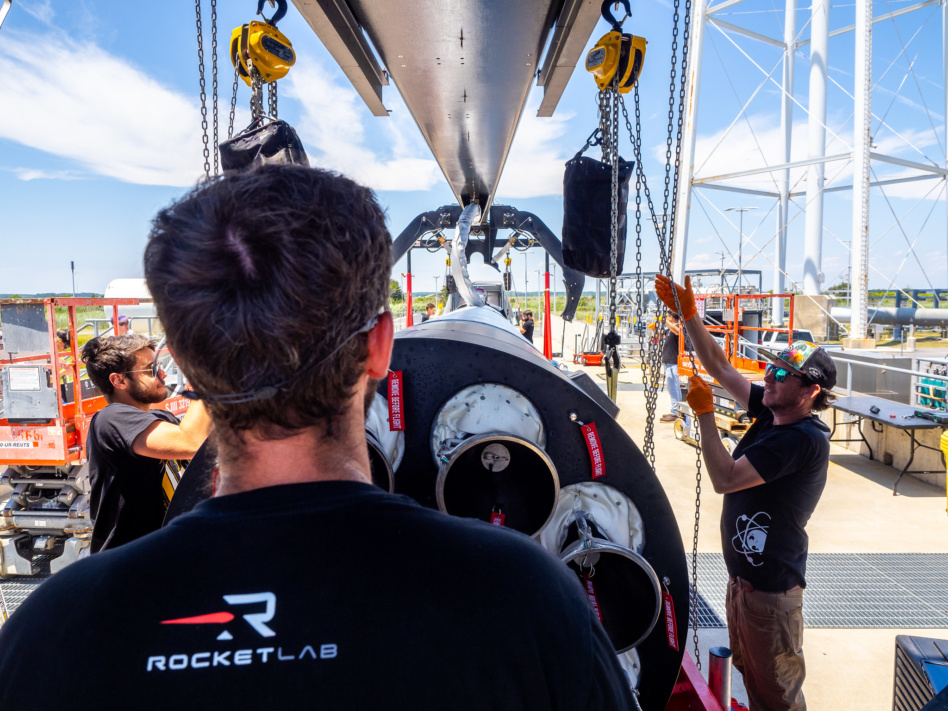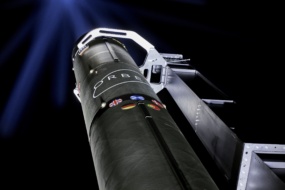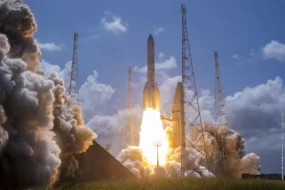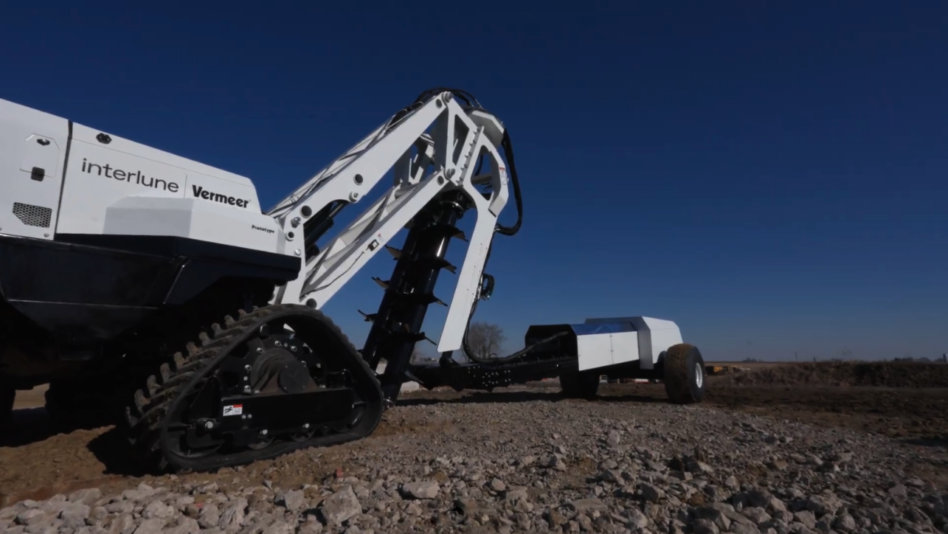AFRL hired Rocket Lab to perform “a Rocket Cargo survivability experiment” in 2026 with the reusable Neutron rocket it hopes will fly this year.
The mission would send an experimental payload into orbit, which would then re-enter the atmosphere to prove out technologies for a military “rocket-based point-to-point transportation system.”
Money matters: The news came during Rocket Lab’s earnings call yesterday, which saw the company beat market expectations with $123M in revenue after a busy quarter that included five Electron launches.
Still, the company’s biggest bet is on the larger Neutron flying by the end of the year, which is a tight deadline based on the updates CEO Peter Beck shared, summarized in this graphic:

Why Mynaric? Rocket Lab bought troubled German laser communications firm Mynaric this year. Beck was bullish that Rocket Lab could hack through Mynaric’s tangled supply chain, based on his team’s previous success acquiring and scaling small component makers.
One example: Rocket Lab will now sell entire solar arrays as modular packages, a new offering from SolAero, the photovoltaic manufacturer it bought in 2022.
Constellation tease: Beck touted “our future as a constellation owner and operator,” but didn’t share any specifics on what kind of services that network might provide. When asked, he didn’t deny that the company could purchase a distressed satellite operator.
Sir Peter policy lightning round: Rocket Lab execs fielded questions on the day’s hot topics:
- Golden Dome? “We intend to be a significant player,” Beck said.
- NASA budget cuts? “We don’t have a tremendous amount of NASA work,” Beck said. “I personally have a bit of a soft spot for those planetary missions.”
- Tariffs? “Pretty fortunate,” CFO Adam Spice said. With most launches in New Zealand and most components heavy in US content, they don’t incur many import taxes.





